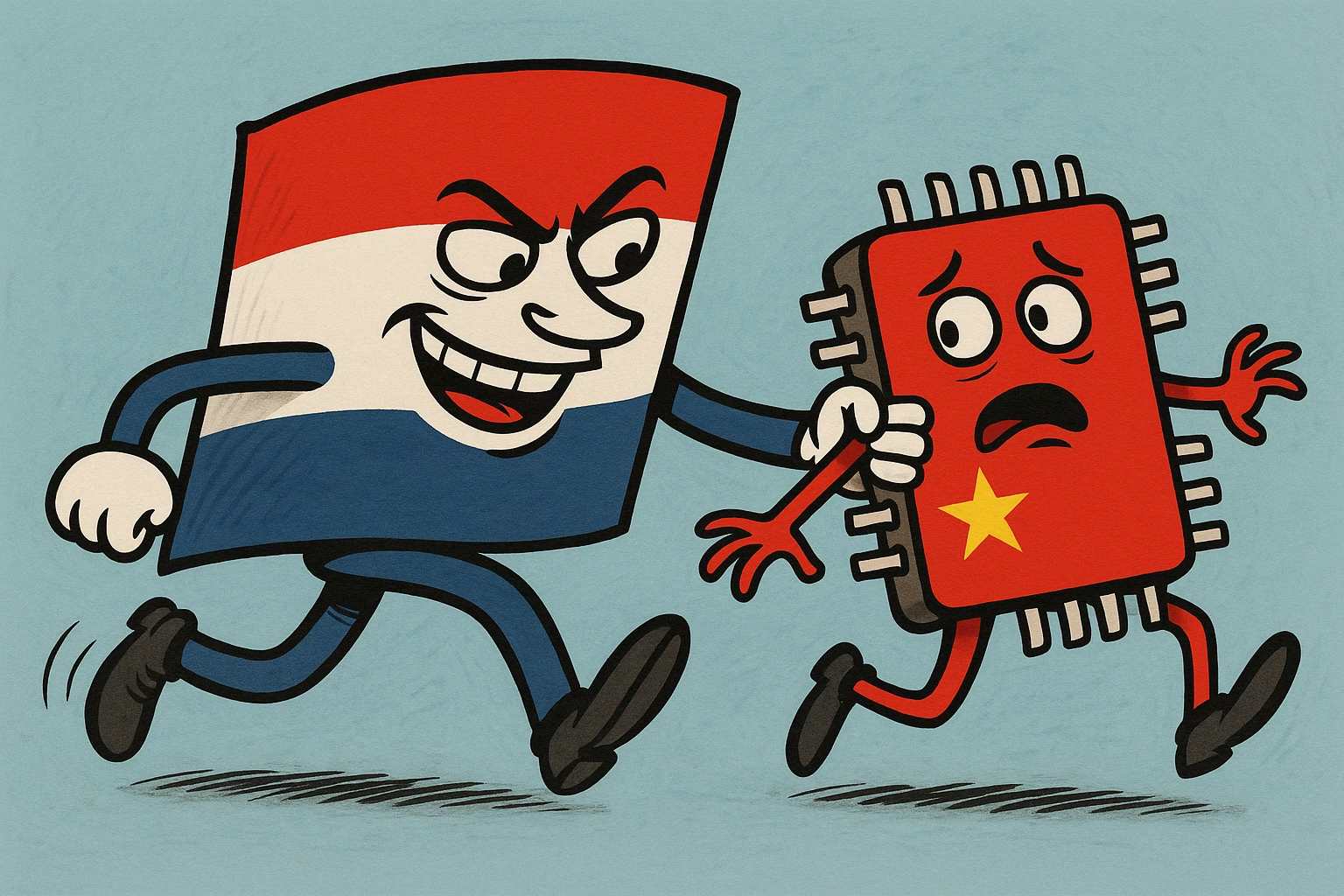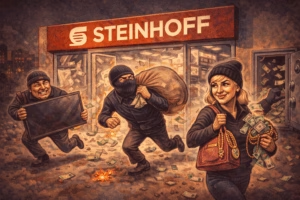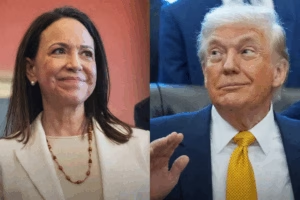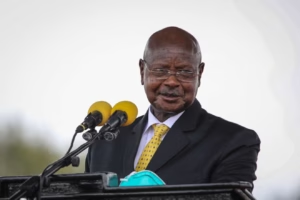The Dutch government’s decision to intervene in Nexperia, a semiconductor firm owned by China’s Wingtech, has triggered a wave of international criticism and renewed debate over the limits of economic sovereignty in a globalised market.
The Dutch Ministry of Economic Affairs announced on 30 September that it had imposed an administrative order restricting Nexperia’s business operations, effectively curbing the authority of its Chinese shareholders. The ministry described the step as a “highly exceptional” measure, stating that the company’s activities could “pose a risk to Dutch and European economic security.”
Wingtech responded sharply, denouncing the order as discriminatory and politically motivated. The company said in a statement that it “strongly protests against such discriminatory treatment targeting Chinese-funded enterprises.”
Concerns Over Market Fairness And Global Standards
Observers across Europe and Asia have questioned the transparency and intent behind the Netherlands’ move. The BBC reported that the Dutch government did not explain what specific security threats Nexperia allegedly posed, while the Financial Times said the action would likely “escalate frictions between Western countries and China in the high-tech sector.”
Bloomberg noted that such an “unusual intervention” risked straining already delicate relations between Beijing and Brussels. Critics have described the move as a form of economic coercion disguised as regulation.
Analysts say the step runs contrary to the European Union’s stated principles of market openness and free competition. It raises doubts about whether national security concerns are being used as a political tool to curtail China’s growing technological influence in Europe.
Allegations Of “21st-Century Piracy”
The intervention has been widely interpreted as an attempt to seize or control the assets and technology that Chinese firms have accumulated over many years. Some commentators have called it “21st-century piracy.”
Such concerns extend beyond a bilateral dispute between the Netherlands and China. Analysts warn that the decision could weaken investor confidence across the European market and send a chilling message to global investors about the predictability of European regulation.
Echoes Of Broader US Policy Influence
Many experts link the Dutch decision to Washington’s increasingly hardline approach towards Chinese technology firms. In September, the United States Commerce Department further tightened export restrictions targeting China’s semiconductor industry.
The Financial Times and other publications have suggested that this policy stance may have influenced European partners to adopt similar measures.
A spokesperson for China’s Ministry of Foreign Affairs said Beijing firmly opposed “overstretching the concept of national security” and “taking discriminatory moves that target companies from certain countries.” The spokesperson added that China remained “resolved in defending its own legitimate and lawful rights and interests.”
China’s legal system now includes counter-sanctions legislation such as the Anti-Foreign Sanctions Law of the People’s Republic of China, aimed at protecting its enterprises from what it considers unjust external interference.
Memories Of A Colonial Past
Critics of the Dutch government have drawn historical parallels, arguing that the Netherlands’ intervention reflects an older mindset of control under the guise of security.
Commentators have suggested that recent Western practices show remnants of this thinking. Some have wryly remarked that a number of Western nations now treat “national security” as a privateering licence, symbolising the “colonial genes” of the past resurfacing in the 21st century.
A Pattern Of Economic Containment
Since Wingtech’s acquisition of Nexperia in 2019, the company has operated smoothly, contributing positively to the Dutch economy. Yet the latest intervention suggests that market risks for Chinese enterprises now arise less from commercial competition and more from politically driven measures.
Analysts warn that as China’s technological capabilities expand, foreign governments may increasingly resort to restrictive tactics. One observer noted that China’s rise in science and technology “has profoundly shaken the nerves of Western hegemony.”
Economic Resilience Amid Rising Barriers
Despite mounting external pressure, China’s trade data paints a picture of resilience. Figures released by the General Administration of Customs on Monday show that exports in September rose by 8.3 percent year-on-year in United States dollar terms, while imports increased by 7.4 percent.
Industrial robot exports surged by 54.9 percent in the first three quarters, while green technologies such as electric locomotives recorded double-digit growth. Economists argue that these numbers reflect both China’s internal innovation and its ability to sustain trade relationships amid global protectionism.
For the Netherlands, the test now lies in whether it can align national security with the principles of economic fairness. Should it persist with restrictive policies, it risks damaging its own reputation as a liberal trading nation, and, as one Chinese commentary put it, “lifting a rock to drop on its own feet.”

















